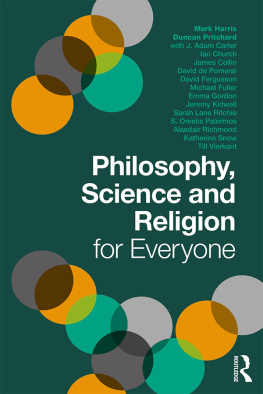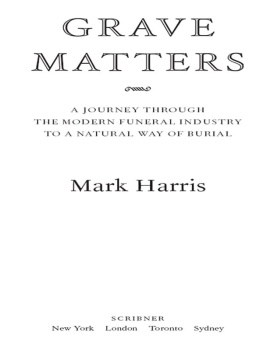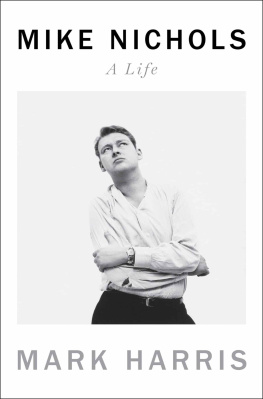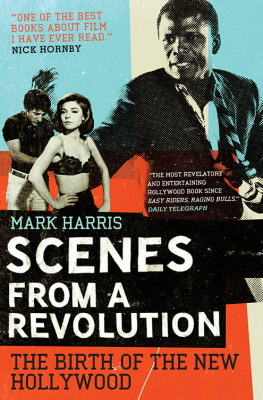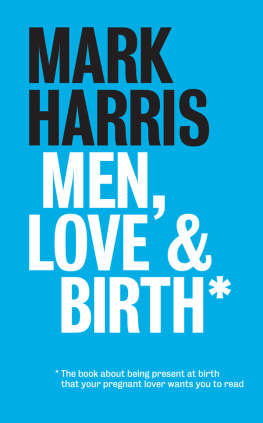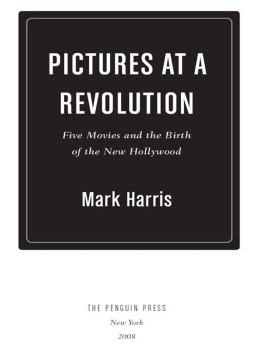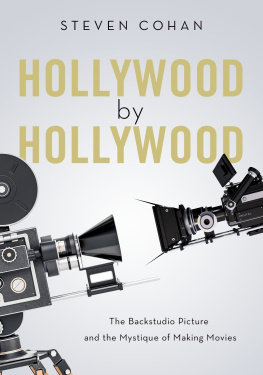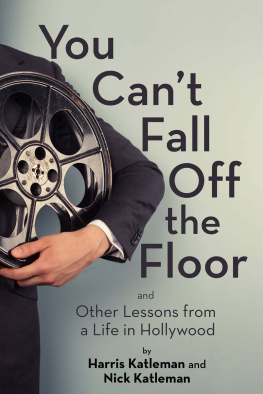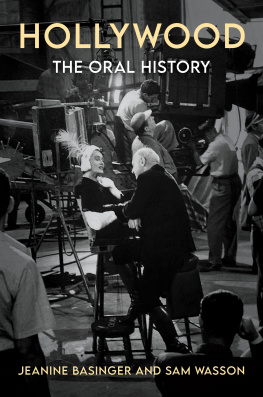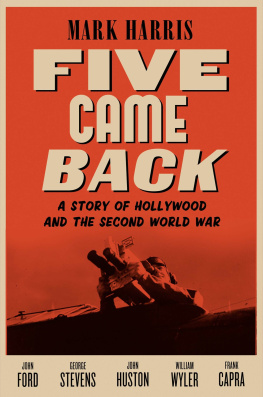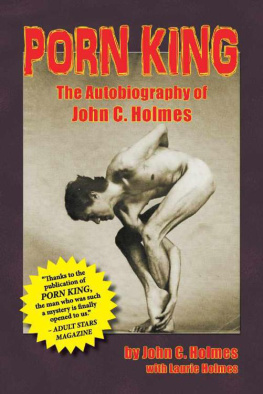Penguin supports copyright. Copyright fuels creativity, encourages diverse voices, promotes free speech, and creates a vibrant culture. Thank you for buying an authorized edition of this book and for complying with copyright laws by not reproducing, scanning, or distributing any part of it in any form without permission. You are supporting writers and allowing Penguin to continue to publish books for every reader.
Photograph credits appear .
Five came back : a story of Hollywood and the Second World War / Mark Harris.
pages cm.
Includes bibliographical references and index.
1. Motion picture industryCaliforniaLos AngelesHistory. 2. Motion picturesUnited StatesHistory. 3. World War, 19391945Motion pictures and the war. I. Title.
Contents
HOLLYWOOD, MARCH 1938APRIL 1939
HOLLYWOOD AND WASHINGTON, APRIL 1939MAY 1940
HOLLYWOOD, JUNESEPTEMBER 1940
HOLLYWOOD, EARLY 1941
HOLLYWOOD AND WASHINGTON, JULYDECEMBER 1941
HOLLYWOOD, WASHINGTON, AND HAWAII, DECEMBER 1941APRIL 1942
HOLLYWOOD, DECEMBER 1941APRIL 1942
WASHINGTON, MARCHJUNE 1942
MIDWAY AND WASHINGTON, JUNEAUGUST 1942
WASHINGTON AND HOLLYWOOD, AUGUSTSEPTEMBER 1942
ENGLAND, NORTH AFRICA, AND HOLLYWOOD, SEPTEMBER 1942JANUARY 1943
THE ALEUTIAN ISLANDS, HOLLYWOOD, WASHINGTON, AND NORTH AFRICA, SEPTEMBER 1942MAY 1943
ENGLAND, HOLLYWOOD, AND WASHINGTON, JANUARYMAY 1943
WASHINGTON, ENGLAND, AND NEW YORK, MARCHJULY 1943
NORTH AFRICA, HOLLYWOOD, FLORIDA, AND WASHINGTON, SUMMER 1943
WASHINGTON, HOLLYWOOD, AND ENGLAND, JUNEDECEMBER 1943
ENGLAND AND ITALY, OCTOBER 1943JANUARY 1944
WASHINGTON, THE CHINA-BURMA-INDIA THEATER, ITALY, AND NEW YORK, SEPTEMBER 1943MARCH 1944
HOLLYWOOD AND ENGLAND, MARCHMAY 1944
HOLLYWOOD, WASHINGTON, AND NEW YORK, MARCHMAY 1944
FRANCE, JUNEJULY 1944
HOLLYWOOD AND WASHINGTON, JULYDECEMBER 1944
FRANCE, BELGIUM, LUXEMBOURG, GERMANY, AND ENGLAND, JULY 1944JANUARY 1945
HOLLYWOOD, FLORIDA, ITALY, AND NEW YORK, FEBRUARYMAY 1945
GERMANY, MARCHAUGUST 1945
WASHINGTON AND HOLLYWOOD, SUMMER 1945
HOLLYWOOD, NEW YORK, AND GERMANY, 1945
HOLLYWOOD, NEW YORK, AND WASHINGTON, DECEMBER 1945MARCH 1946
HOLLYWOOD, MAY 1946FEBRUARY 1947
Prologue:
Pearl Harbor
J ohn Ford was the first of the five to go. By the time the Imperial Japanese Navy attacked the U.S. military base at Pearl Harbor, he was already three thousand miles from Hollywood and had been in uniform for three months. , she told them.
Mary Ford later remembered that for United States entered World War II. But what many of his colleagues viewed as a vague shadow spreading across the distant horizon, Ford accepted as a certainty that would require, and reward, advance preparation. For months before he left Hollywood for Washington, D.C., that September, he had been spending his nights and weekends overseeing the creation of a group he called the Naval Volunteer Photographic Unit, training camera operators, sound technicians, and editors to do their jobs under wartime conditions in close quarters; he even used gimbaled platforms in order to simulate attempts to develop film on ships while they pitched and listed. If war was inevitable, he believed the effort to record that war would be essential, and its planning could not be left to amateurs or to the bungling of War Department bureaucrats.
Still, Ford was an unlikely candidate to lead Hollywoods march toward battle. He was old enough to be the father of a typical draftee; at forty-six, he was just a couple of years from welcoming his first grandchild. And although he had done his part in Hollywood over the years on several of the industrys various committeestoiling among the interventionists, the fervent anti-Nazi campaigners, the leaders of ad hoc groups trying to provide aid in the Spanish Civil Warhe hadnt been on the front lines of those battles recently. Since 1939, he had spent most of his time and energy directing a string of moviesamong them Stagecoach,Young Mr. Lincoln, and The Grapes of Wraththat had turned him into Hollywoods most respected filmmaker.
What moved Ford, at this time.
It may have been that simplea sense of duty, combined with a fear of how he might feel if he shirked it. That September, he had boarded a train for Washington, D.C., predicting misery and remorse for the able-bodied men in Hollywood who were still waiting, wondering what the war would mean and hoping the draft might leave them untouched. to say what I think of your unselfish courageous attitude in this present emergency, he added as he awaited her arrival in the capital. Words literally fail me. I am very proud of you.
When Mary finally joined her husband in Washington, Ford gave his wife of twenty-one years something she had always wanted, with cocktails.
to get out of Hollywood for a while. I suggested it would be great to go on a proper trip to China, said Huston. We wanted to see a bit of the outer world.
When Wylers wife, Talli, who was pregnant with their second child, received a call telling her that Hawaii had been attacked, she ran out of the house and onto the tennis court, telling her husband and Huston to stop playing. The outer world was now at their doorstep. Later that day, the two men drove to Litvaks Malibu beach house, their prospective jaunt abroad already forgotten, and started making plans: How soon could they wrap up their professional commitments? How quickly could they walk away from the Hollywood work that now seemed to them like a silly game?
Wyler, who was thirty-nine, was exempt from military service because of his age. At thirty-five, Huston was a year under the cutoff and therefore eligible for the draft according to the Selective Service and Training Act of 1940, but... I was more interested in going horseback riding than learning how to fight. This time its different.
The men were seeking adventure, but more than that, they were reaching for relevance in a world that had become rougher and more frightening than anything their studio bosses would allow them to depict on film. Hollywoods best moviemakers shared a growing concern that they were fiddling while Europe burned, using their talents to beguile the American public with diversionsmeans of escape from the churn and horror of the headlinesrather than striving to bring the world into focus. Hollywood had never been interested in anticipating the news or leading public opinion, but recently its ability to react to changing circumstances had felt agonizingly slow. Wyler had intended Mrs. Miniver, a paean to the British national spirit, to galvanize American support for its closest ally; now that the United States itself was at war, he fretted that what he had once intended as a bold statement would seem embarrassingly behind the times. And Huston had spent much of that autumn working with his friend Howard Koch on the script for a Broadway play called


